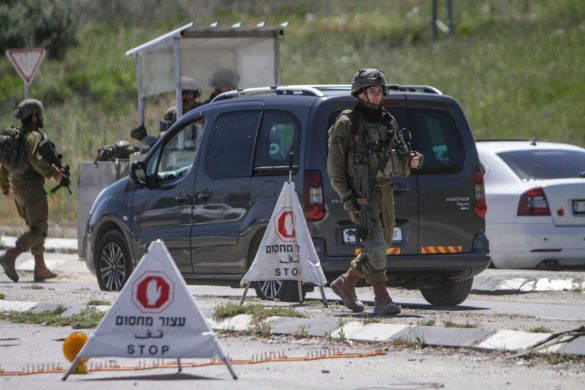Kan være døren til tiltrængte reformer
SANA’A, 10 February 2012 (IRIN): A presidential election to be held on 21 February in Yemen will open the door for a new chapter in the poorest and arguably most fragile country in the Arab world.
At least according to the new Prime Minister Mohammed Salim Ba-Sindwa.
A successful election will pave the way for comprehensive reforms, said Ba-Sindwa, who was chosen to lead a national reconciliation government – part of a deal signed in November ending months of political turmoil.
Once elected directly by people, the new president will be constitutionally empowered to re-unite the divided army and replace corrupt officials in the various government institutions, Ba-Sindwa told IRIN in an interview.
– Our plan for the post-election period is to make the rule of law prevail nationwide. This is key to purifying (rense) the country from corruption and corrupt officials, he said, addng:
– We will apply the law on the senior [official] before the junior; on the strong before (fremfor) the weak and on the rich before the poor.
The prime minister’s words echo the optimism among some in the country, who see the election as the cornerstone of political transition.
It is one of a string of steps stipulated in a power-transfer deal brokered by the Gulf Cooperation Council (GCC), after year-long nationwide protests against President Ali Abdullah Saleh’s 33-year rule dragged the country to the brink of civil war.
– The upcoming presidential election is the first step in this challenging journey, Gustavo Gonzalez, senior country director for the UN Development Programme (UNDP) in Yemen, told IRIN.
– Any positive transformation of Yemen in terms of stability, security and development will have a strong geopolitical impact on the region, noted he.
But the election faces massive challenges in feasibility (gennemførlighed) and credibility, with the only candidate starting his campaign just two weeks before the election, various groups boycotting the election and violence continuing to affect parts of the country.
The sole candidate, current Vice-President Abdu Rabu Mansour Hadi, has the backing of the main opposition grouping and former Saleh supporters, but the electorate had no input in his selection and will not have a choice on election day beyond whether or not to vote.
As Jane Novak, a US-based analyst and expert on Yemeni affairs, put it, “there is not a `no’ vote option on the ballot”.
Hadi was nominated by a parliament that deemed the country too fragile for possibly divisive competitive elections.
But Hafez al-Bukari, president of Yemeni Polling Center (YPC), a local think-tank, worries the lack of competition will lead Yemenis to believe that democratic and competitive elections are not the ideal tool for change.
New hope
Læs videre på http://www.irinnews.org/report.aspx?reportid=94828














